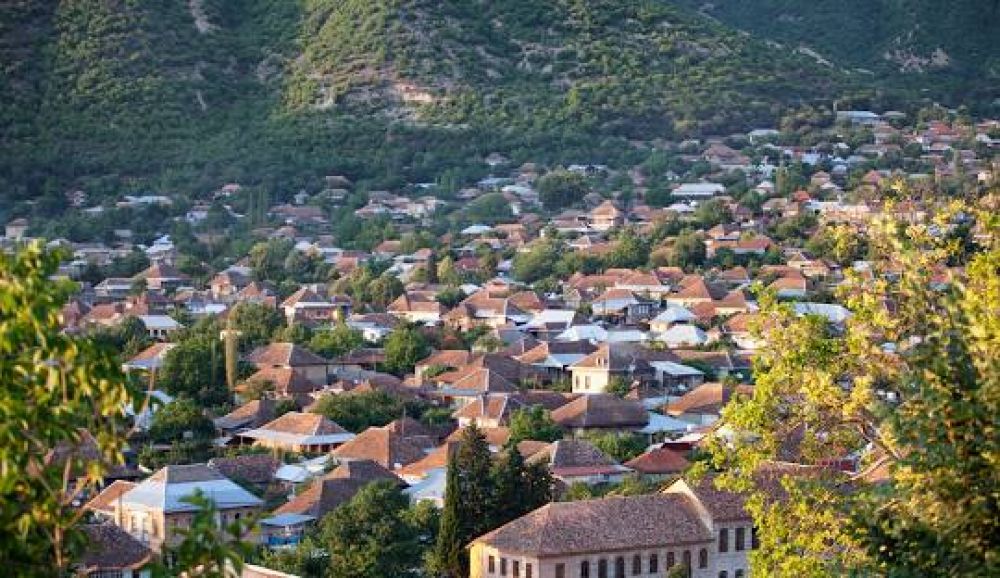

The picturesque city of Sheki, nestled in the foothills of the Greater Caucasus Mountains in Azerbaijan, is a destination steeped in history and culture. Once a pivotal stop on the ancient Silk Road, Sheki has long been a commercial center where East met West. This historic trading legacy has positioned Sheki as a melting pot of cultures, traditions, and architectural wonders, shaping its tourism allure.
The tourism history of Sheki can be traced back to the 18th century when it became the capital of the Sheki Khanate. During this period, Sheki experienced a cultural renaissance, leading to the construction of many of its today's tourist landmarks. With the building of the exquisite Sheki Khans' Palace, featuring incredible stained glass work and detailed frescoes, the city's status as a tourist destination was cemented.
Into the Soviet era and beyond, Sheki continued to thrive as a tourist destination. The preservation of ancient crafts, such as Shebeke (stained glass art) and silk production, has provided an enduring link to the past, while drawing in both domestic and foreign tourists interested in cultural and historical experiences. Efforts to safeguard Sheki’s cultural heritage through UNESCO listings have also increased its international profile. In 2019, the Historic Centre of Sheki with the Khan’s Palace was inscribed on the UNESCO World Heritage List, further boosting its appeal to global travelers.
Today, Sheki adapts to the latest tourism trends by combining its historical roots with modern amenities. Tourists can enjoy a blend of experiences such as traditional Azerbaijani hospitality in boutique hotels converted from old caravanserais, alongside participatory experiences like silk weaving and culinary classes featuring local delicacies like Sheki halva. Nature tourism is also gaining traction, with the surrounding Caucasus Mountains offering hiking, trekking, and skiing opportunities.
While the growth of tourism in Sheki promises economic benefits, it also brings challenges such as sustainable development and preservation of the city's unique character. Going forward, Sheki is focusing on responsible tourism, balancing modern development with the conservation of its historical and cultural essence. This includes managing visitor numbers to prevent overcrowding and ensuring that infrastructure developments are in harmony with the local environment.
The city's rich tapestry of history, coupled with its natural beauty and cultural experiences, continues to establish Sheki as a premier destination for those in search of authenticity and tradition. As tourism trends evolve, Sheki is poised to maintain its place as a cherished gem within Azerbaijan's tourism crown.